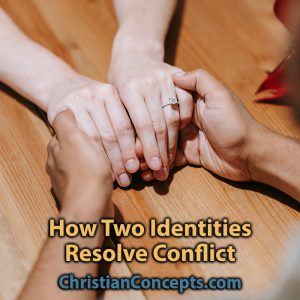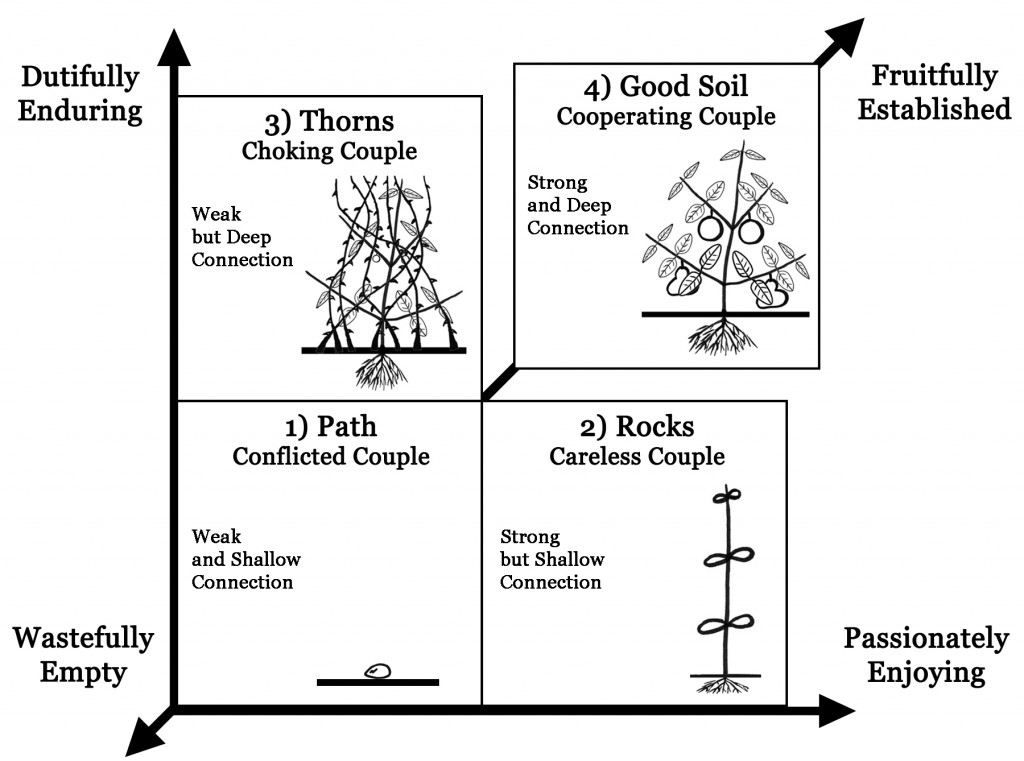Before we Christians can hope to advance God’s kingdom, we must first be able to see God’s kingdom. The kingdom Jesus talked about is spiritual. To see it you need spiritual eyes. After you see it, you can enter it; after you become part of it, you can help advance it.
Nicodemus sought to understand God’s kingdom:
Now there was a man of the Pharisees named Nicodemus, a ruler of the Jews. This man came to Jesus by night and said to him, “Rabbi, we know that you are a teacher come from God, for no one can do these signs that you do unless God is with him.”
John 3:1-2 ESV
Jesus revealed to Nicodemus the secret to understanding:
Jesus answered him, “Truly, truly, I say to you, unless one is born again he cannot see the kingdom of God.” Nicodemus said to him, “How can a man be born when he is old? Can he enter a second time into his mother’s womb and be born?” Jesus answered, “Truly, truly, I say to you, unless one is born of water and the Spirit, he cannot enter the kingdom of God. That which is born of the flesh is flesh, and that which is born of the Spirit is spirit.
John 3:3-6 ESV
Jesus advanced God’s kingdom and He left us a recipe for how to continue in His absence. Permit me to paraphrase the Lord’s prayer (Matthew 6:9–13):
- Father God is perfect.
- He wants to advance His kingdom on earth.
- He meets all our needs when we can humbly receive them.
- He meets our physical, emotional, and kingdom desires.
Disarm Sin To Advance God’s Kingdom
Before Jesus died and rose again everyone was confused about Jesus’s purpose. Even Jesus’s disciples didn’t get it. Was Jesus on earth to start a military campaign? That would be easier than dying on a cross but not a final solution to the problem of sin.
Jesus waged war in the spiritual realm. He disarmed sin once and for all. He did the heavy lifting, so all you need to do is be willing to join God’s fight against sin.
Tap Into God’s Power To Advance God’s Kingdom
Keep in mind that to make a disciple, you first have to be a growing disciple. Being a disciple means you have experience being aware of your needs and receiving from God and others. You accept the help of God’s Holy Spirit who is present in the life of every believer.
And I will ask the Father, and he will give you another Helper, to be with you forever, even the Spirit of truth, whom the world cannot receive, because it neither sees him nor knows him. You know him, for he dwells with you and will be in you.
John 14:16–17
Bear Fruit To Advance God’s Kingdom
To advance God’s kingdom means to expand the reign of God like yeast spreads through dough and causes it to rise (Matthew 13:33, parable explanation). Yeast enters the dough and slowly transforms it. You and I, as Christians, are the yeast.
When righteousness, peace, and joy increase, the kingdom of God is advancing (Romans 14:17). The most direct and practical way to advance God’s kingdom is to fulfill the great commission. The great commission is as simple as you knowing God and helping others to know Him, too.
Go therefore and make disciples of all nations, baptizing them in the name of the Father and of the Son and of the Holy Spirit, teaching them to observe all that I have commanded you.
Matthew 28:19–20a
The Secret Ingredient Needed To Advance God’s Kingdom
Your desire for God’s kingdom is important. “Thy kingdom come; they will be done.” How potent is your desire to see God’s kingdom come?
If you want to advance God’s kingdom, you need to think long-term. One common phrase for this is “playing the long game.” To do this, you accept short-term setbacks for bigger gains later. That’s what Jesus did with His death and resurrection, right? Easier said than done, I know.
It’s your life. What are you going to do with it? I’m thinking now of the How To Train Your Dragon moment when Astrid says, “What are you going to do?” and Hiccup responds, “Probably something stupid.” But here’s the difference: in God’s kingdom there is no stupid.
If that still sounds like too much stupid, then think of it as a wise investment. Put your talent to good use.
Are you ready to Play the Long Game to advance God’s kingdom? Read To Identity and Beyond: Play the Long Game, Advance God’s Kingdom, Enjoy Abundant Life.































